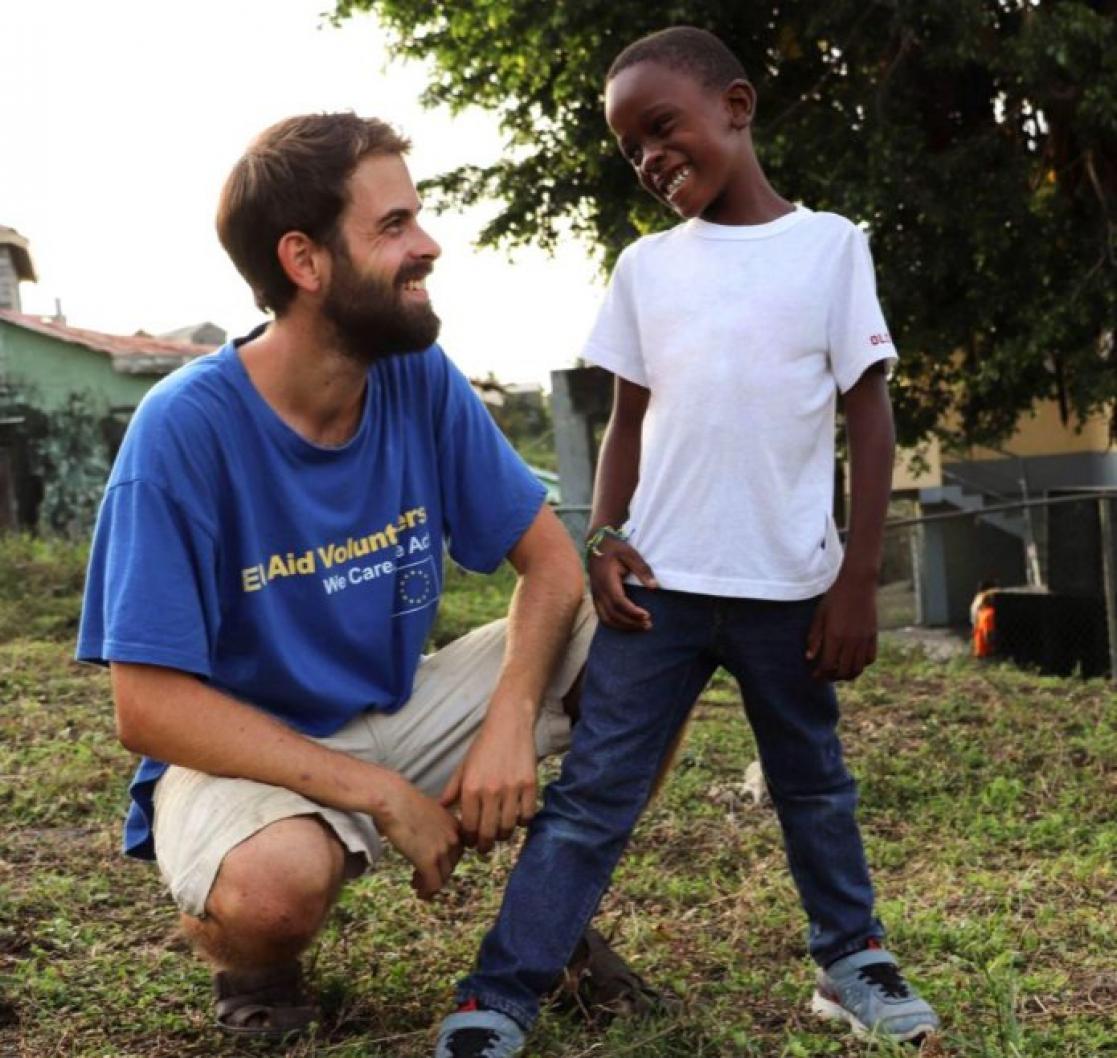EU Renewed vision on Humanitarian Aid
In the current global context where humanitarian aid is facing an unprecedented set of challenges, exacerbated by the COVID-19 pandemic and climate change, and humanitarian needs are at an all-time high, the EU has worked on a renewed strategic vision to address these challenges by working in partnership and promoting integrated approaches.
Navigate the topic
THE COMMISSION COMMUNICATION ON THE EU’S HUMANITARIAN ACTION
The new Communication on the EU’s humanitarian action: new challenges, same principles outlines how the EU will meet the rising humanitarian needs and show leadership at a time when the pandemic is worsening conditions for millions worldwide.
The Communication proposes a series of actions toward the provision of humanitarian aid by expanding the resource base, supporting a better environment for humanitarian partners, addressing the root causes of crises, and reducing humanitarian needs, in a Team Europe approach. It also sets out an agenda for the EU to support a better enabling environment for humanitarian aid, increasing compliance with international humanitarian law as well as further stepping up its support to humanitarian partners in navigating sanctioned environments.
The EEAS works closely with ECHO and other relevant EU institutions to achieve the ambitious objectives set out in the Communication. One key area is advancing the humanitarian-development-peace nexus and better link urgent relief and longer-term solutions, aiming at reducing needs and tackling the root causes of conflicts and crises. The EU will deploy all the instruments needed not only to address short-term needs but also to provide long-term solutions and, in conflicts, contribute to building lasting peace. This involves joint analysis and operational response frameworks as well as a conflict-sensitive approach so that external assistance does not inadvertently reinforce conflict.
Another important objective set out in the Communication is building synergies and complementarities with different actors. The EEAS is working with other services to increase the engagement with Member States, their diplomatic network and finance institutions (including national development banks and implementing agencies, as well as the European Investment Bank and the European Bank for Reconstruction and Development), in a the Team Europe approach. At the same time, the EU is strengthening its partnership with other relevant actors, in particular UN Agencies, Red Cross, NGOs, private sector, with a particular attention to strengthening the capacity and resilience of local partners.

EU aid volunteer in action. © EUAidVolunteers
